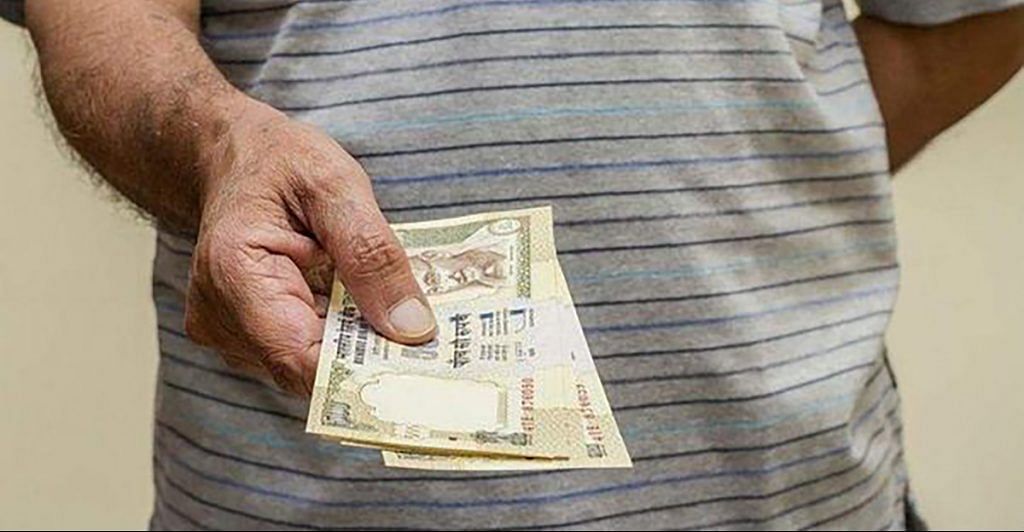The law will now penalise bribe-givers as well, unless they have done so under duress and file a complaint within seven days of the incident.
New Delhi: The amendments to the Prevention of Corruption Act that provide relief to bankers and former bureaucrats from being booked under the anti-graft law raced through the Lok Sabha Tuesday.
The amended law, apart from tightening the rules requiring sanction to prosecute public servants, also penalises bribe-givers.
The amendments, conceived by the Congress in 2013 and scrutinised by two parliamentary standing committees and the Law Commission, was passed in the Rajya Sabha on 19 July.
Former bureaucrats
The amendments expand the scope of public servants to bring retired bureaucrats under its ambit. This means that prosecuting agencies such as the Central Bureau of Investigation will have to seek sanction from the prescribed authority before beginning inquiry.
However, since the amendment is not retrospective, it is unlikely to affect former bureaucrats embroiled in criminal cases in the coal scam and the 2G scam.
The government was under pressure from bureaucratic circles to protect officers for actions taken in the course of their official work after a special CBI court convicted former coal secretary H.C. Gupta in a coal scam case in December 2017.
Additionally, the amendment makes it mandatory to seek sanction for prosecution for all public servants. This provision earlier extended only to officers of the rank of joint secretary and above.
Bankers
At a time when many former and current bankers are under the scrutiny of investigative agencies for their decisions to grant loans that have since turned into NPAs, the anti-graft amendments seek to make a distinction between action and intention.
Public servants cannot be booked under the act unless they have accumulated assets disproportionate to their income or have misappropriated assets entrusted to them.
The move, minister of state for personnel Jitendra Singh said, is aimed at protecting “decisions that have gone bad” and penalise only corrupt practices.
Bribe-giving
The act, which primarily regulated corruption charges against public servants, now equates bribe-giving as an “equal offence”, unless a person who bribes under duress files a complaint within seven days.
The law now also makes statements made by a bribe-giver during prosecution open him up to further legal action.
Previously, bribe-giving was “abetting” a public officer who received a bribe. The law prescribes a minimum punishment of three years and a maximum punishment of seven years for bribe-giving.
